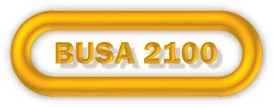
Consistent with our commitment to human rights, Reebok developed an innovative program to guarantee that our balls are not made by children. Reebok's supplier in Pakistan has built a state-of-the-art soccer ball manufacturing facility where all production, including stitching, is performed on-site and free of child labor. Local human rights monitors regularly inspect the factory to verify compliance. As a result of our efforts, Reebok now offers soccer balls labeled "Guaranteed: Manufactured Without Child Labor."
With the creation of the Reebok Educational Assistance to Pakistan program (R.E.A.P.) in 1997, Reebok will provide $1 million in support of educational opportunities in the ball producing region of Sialkot, Pakistan, with funds generated from the sale of Reebok balls. To this end, Reebok teamed up with the Society for Advancement of Education in Sialkot to establish the Chaanan Institute in 1997, which works with families in the area to place children in schools and keep them out of the labor pool.
In 1995, Reebok sponsored a resolution before the Soccer Industry Council of America (SICA) to investigate the problem of child labor in the industry. This led to an industry collaboration that later attracted the participation of the International Labor Organization, Save the Children, the United Nations International Children's Fund and the Chamber of Commerce of Sialkot.
To find out about ordering Reebok soccer balls, call Reebok Customer Service at 888-242-1332.
